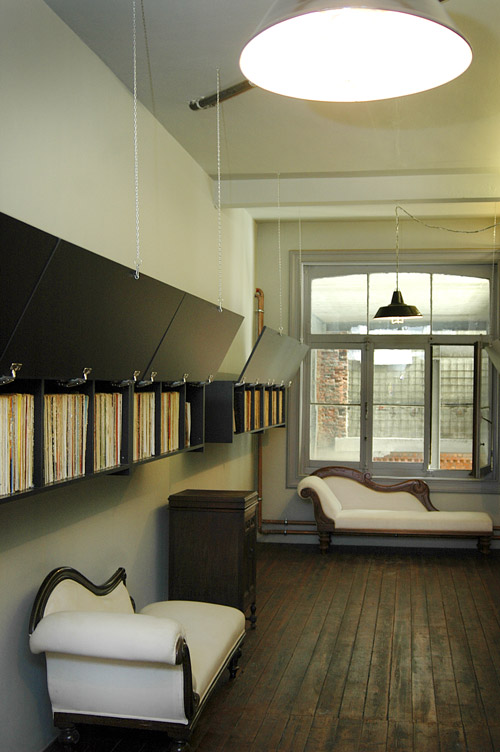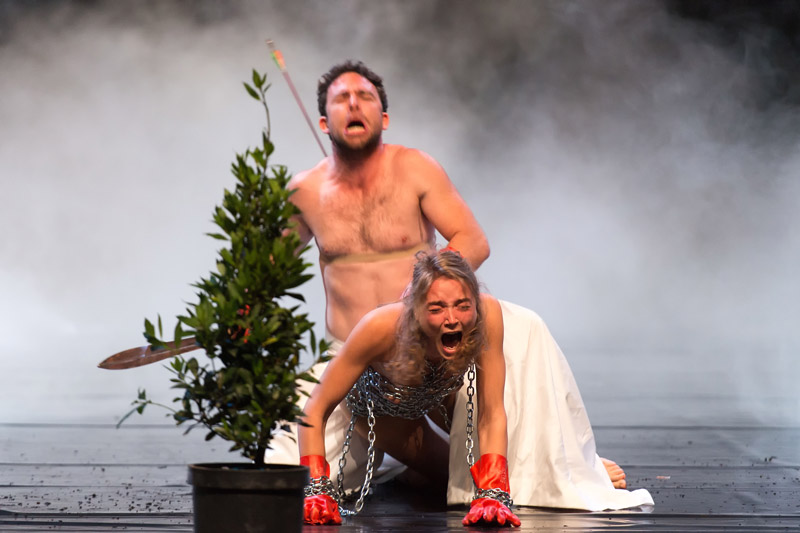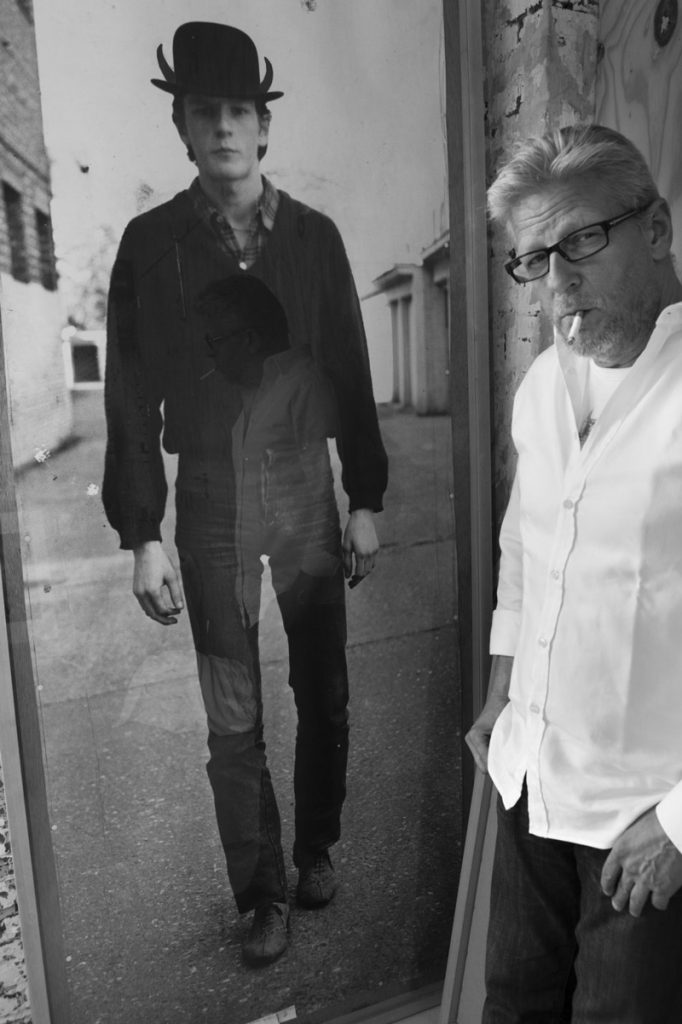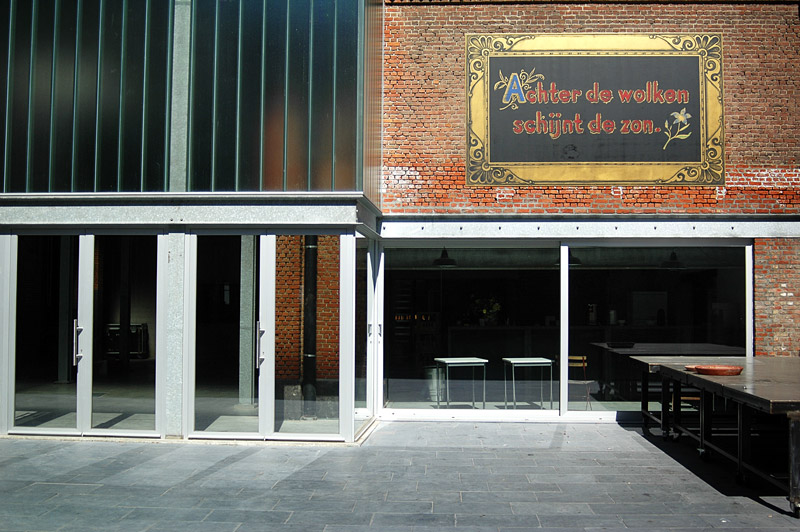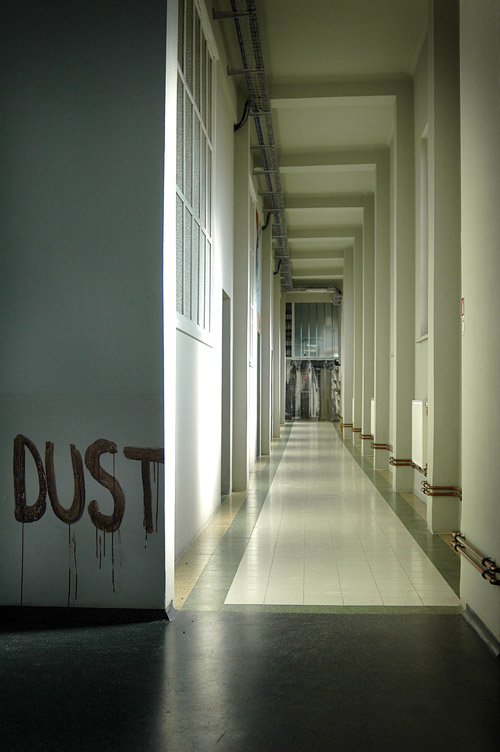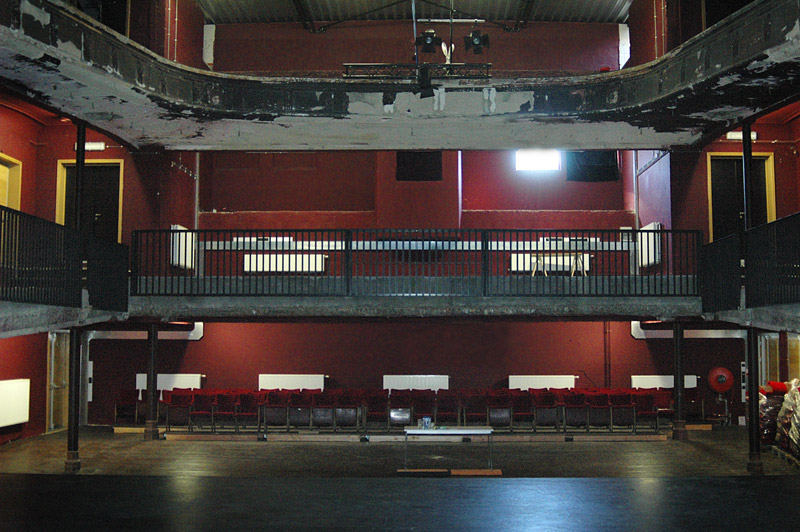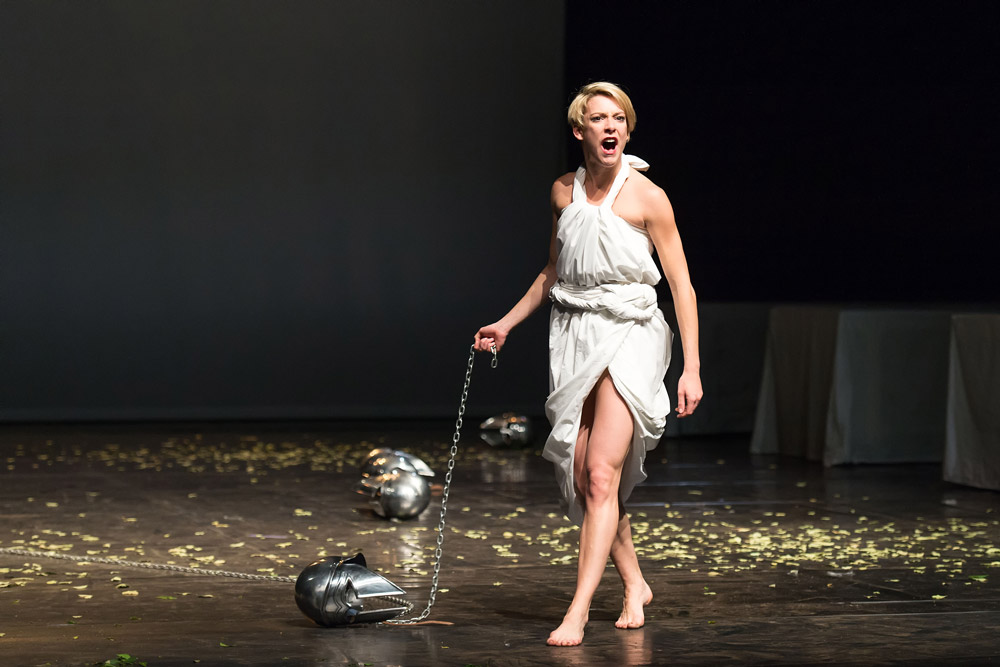Moreover, the dancers state that Fabre abused his position as director to obtain sexual favors from his dancers (“no sex no solo”). Since publication of that letter, theatres have cancelled scheduled performances of Fabre’s work and the DeSingel Arts Center in his hometown has removed a sculpture of his from permanent display. Fabre personally faces a criminal investigation by Antwerp’s correctional tribunal, with hearings scheduled for 25 March and 1 April 2022, which according to accounts in the press could result in a sentence of up to five years in prison.
Regardless of whether this investigation uncovers evidence of conduct punishable under the criminal code of Belgium, it is hard to imagine Fabre mounting a come-back on European stages. War and lechery, it would seem, are finally out of fashion.
